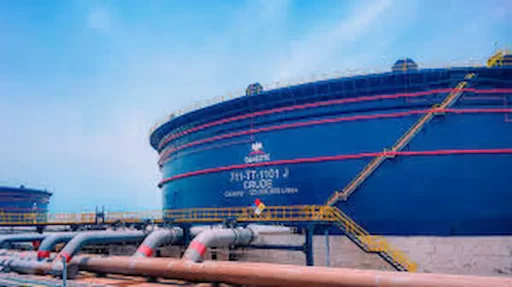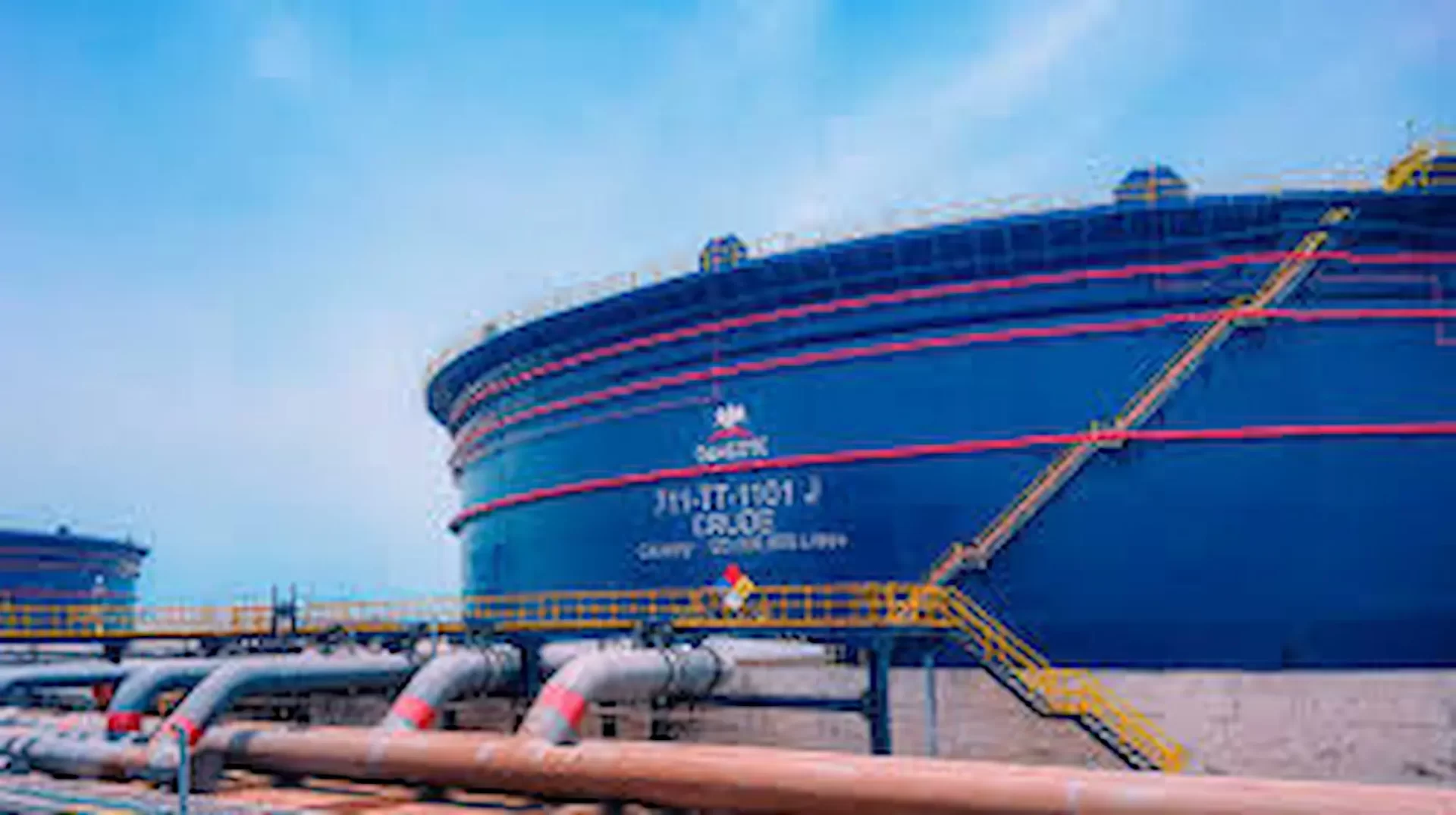Dangote Petrol Export to US Boosts Refinery’s International Image
By NaijaEnquirer Staff
Nigeria’s 650,000 barrels per day Dangote Refinery has recorded another milestone with the export of its first petrol cargo to the United States, underscoring the facility’s growing international reputation.
The Gemini Pearl vessel loaded about 300,000 barrels of petrol at Dangote Port on August 26 and is currently en route to the US, with a likely discharge at the Port of New York or New Jersey by September 12, according to global trade analytics platform Kpler and industry sources cited by Argus.
Although the buyer has not been officially confirmed, market speculation suggests trading giant Vitol may have chartered the vessel.
This marks the first time a Nigerian petrol cargo is headed to the US, though Dangote has previously exported gasoline to Asia and the Middle East. In June and July, the refinery sent three LR2 cargoes—two to the Mideast Gulf and one to Singapore.
Since commencing operations in 2024, the refinery has aimed to reduce Nigeria’s dependence on imported fuel and dominate the domestic petrol market. However, logistical constraints, especially with trucking deliveries, have slowed its penetration locally. Nonetheless, Dangote petrol has been making steady inroads into international markets, including neighboring African nations, the Middle East, and Southeast Asia.
The shipment to the US comes at a time of rising Atlantic Coast gasoline prices and falling inventories, positioning the refinery as an emerging “swing supplier” capable of meeting global shortfalls.
In addition to petrol, Dangote Refinery continues to export low-sulphur straight-run fuel oil (LSSR), even as its Residue Fluid Catalytic Cracking (RFCC) unit operates below capacity due to maintenance. Analysts estimate current run rates at 45-50 percent efficiency, though the RFCC has since been restarted after a 10-15 day shutdown in August.
At full scale, the refinery’s 650,000 bpd capacity is expected to produce around 210,000 bpd of petrol at an 85 percent utilization rate—slightly below Nigeria’s growing domestic demand but sufficient to position the refinery as a key player in global fuel supply chains.







